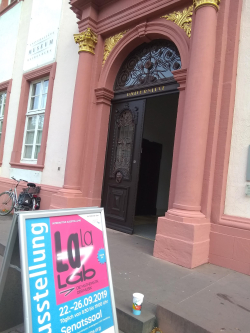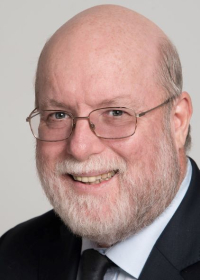
Hard as it may be for me to believe, the 2010s will be over in less than 5 months.
In technology the last decade has been a Golden Age for clouds and devices. So, too, in business and in politics. The refusal of cloud companies to lock-down their technology elected Donald Trump. The result has been a march toward civil war, global war, trade war, the biggest crisis since the late 1960s.
But you ain’t seen nothing yet.
Moore’s Law of Health means I may live much longer than my parents did, long after history should have rolled over me. At least that’s true in those places where people can afford medical care. The likeliest replacements for Donald Trump are both older than he is. Al Gore is younger than either Joe Biden or Bernie Sanders. We’re still debating Woodstock, 50 years on.
We’re going to start turning the page on the current era in 2020. The hold of the autocrats is weakening. It’s weakening in Russia. It’s weakening in China. It’s weakening in Texas.
Moore’s Law continues marching onward, better and better, faster and faster, reaching further and further afield.
In this decade it has made Africa accessible to global markets, made India as well as China an economic power. Over 1 billion people have entered the middle class this century – they have homes, some material comforts, and they have hope.
What might the next decade bring? If I make it to the end of this decade, I’ll be 75, so this may be my last shot at predicting the future.
But here goes.
The 2020s: The End of Oil
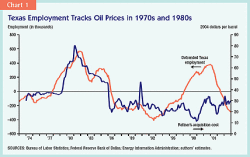
So many of our political systems rest on oil. Saudi Arabia, Iran, and the rest of the Middle East are nothing without oil. Putin would be dead without oil. Texas would be blue without oil. People talk about cryptocurrency being the new money. In 2019 we still run on an oil standard.
But there are three important points to make.
- Renewable energy is getting cheaper.
- Climate change makes overthrowing oil urgent.
- The change will be sudden.
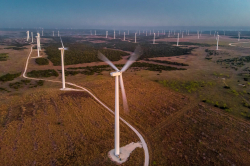
Thanks to Elon Musk, electric cars are a thing. They’re proven in the luxury market. Every major car company now plans to introduce them to the mass market.
Self-driving cars will also be a thing. They don’t have to be perfect. They just must be better than you and adapt to the idiots around you.
Development patterns, built around the needs of human capital rather than resources, are reducing the need for all kinds of driving. You can get what you need online. Increasingly you can walk or bike to work. Knowledge workers can do it from home, as I’ve been doing it for nearly 4 decades.

Third, oil is economically unsustainable. You can see it in 2019. Despite repeated efforts by OPEC to cut production and gin up fears of war, oil is still stuck in the mid-50s per barrel. Even U.S. shale costs over $30 per barrel to bring up. The social cost of Saudi oil means they’re losing money at the current price.
The result will be enormous financial and political dislocation. Saudi Arabia can’t sustain its social spending. Then its military spending becomes unsustainable. Then the people revolt. All the grand cities around the Persian Gulf will become Detroit. So will Houston. Putin is toast.
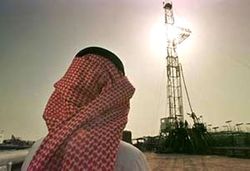
The fall of oil will be as sudden, as catastrophic, indeed as violent as its rise has been. Autocrats don’t take threats to power lying down. Revolutions are messy, and the winners usually find themselves surrounded by rubble. Imagine a Muslim World that can’t rely on fossil fuels to keep its people quiet. Imagine a Russia that can’t feed its army. If you want to see the future, look at Venezuela. That’s what it looks like.
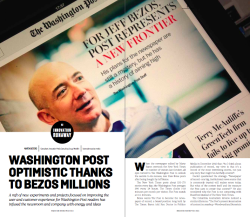
Americans are lying awake in 2019 wondering if Donald Trump can be taken down by a free election, or whether more revolutionary means will be necessary. Yet our path to the future is easier than any place else, because the technology world driven by Moore’s Law is centered here. Even Argentina, Brazil and Canada remain far more wedded to disappearing natural resources then we are. When you can make meat from grain what happens to the cattle market?
The bottom line is this. As the house of oil falls the people of the world will be rushing to the clouds, seeking salvation. But the clouds don’t distribute wealth, they only create it. The whole basis of the global economy must shift, at the same time its economic underpinnings are collapsing.
The Cloud Czars, the people who know this best, have been reluctant to reach for political power. Once they get it, they’re going to be sorry they have it. But there is no choice. There’s nothing that concentrates the mind so much as knowing you’re to be executed in the morning.
That’s about to happen to everybody unless we act.


